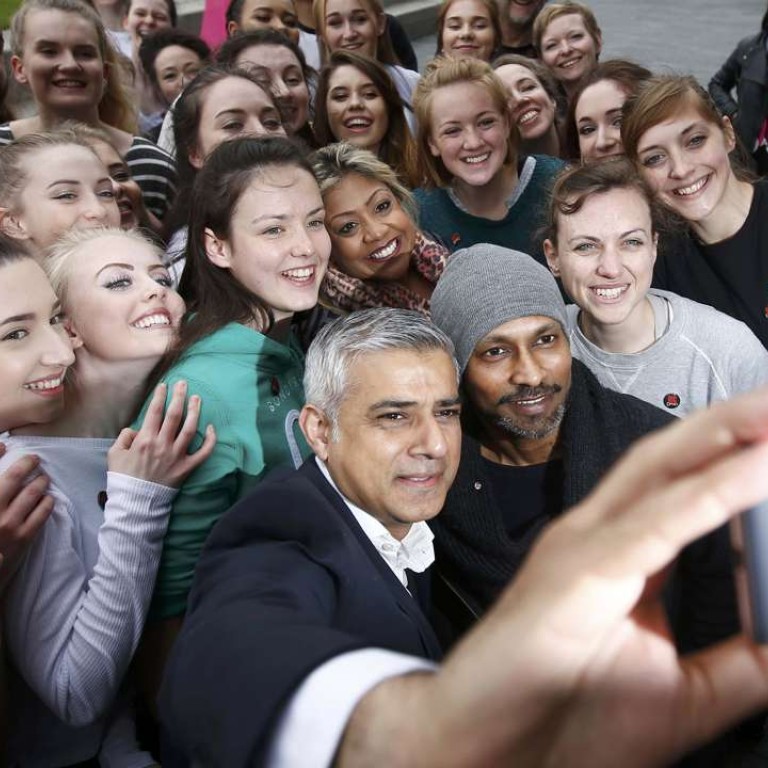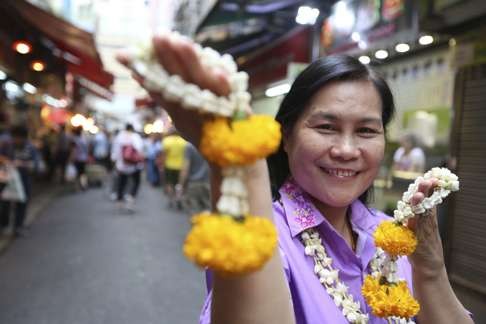
What global London can teach local Hong Kong about cultural diversity
Paul Yip says the city should embrace and tap the potential of its ethnic minorities, as other advanced economies have done to great benefit. London, with its first Muslim mayor, is an example to follow
The election of Sadiq Khan as mayor of London should be of interest to Hongkongers in understanding what a global city is all about. London is one of most important finance centres in the world. It has a population of 8.6 million people, with 44 per cent consisting of black and ethnic minorities, while one in eight is Muslim. The cultural diversity has enriched its business, finance and politics and the city attracts many people from different parts of the world.
Sadiq Khan – mayor of London and role model for Muslims
In fact, cultural diversity – with ethnic minorities having a significant presence – is the norm for the world’s leading financial centres - 67 per cent in New York, 59 per cent for San Francisco, 20 per cent for Paris and 26 per cent in Singapore. In Hong Kong, the figure is only 6.5 per cent, or about 446,500 out of a 7-million-plus population. Among those, some 254,100 are foreign domestic helpers. The rest of the group, or 192,400, include whites (27.8 per cent), mixed race (14.6 per cent), and South Asians, including Nepalese, Pakistanis and Indians (31.9 per cent).

Hong Kong ethnic minorities fall through the cracks
London has benefited from the richness of its ethnic minorities. For Hong Kong to maintain its competitiveness, we should invest in our ethnic minorities and adopt an inclusive approach to development. For example, there are consistent calls to provide language support, and education and training opportunities, to ethnic minority children, to improve their chances later in life.
In London, Khan has pledged to improve transport and housing, which have become the two most critical issues in the city. That sounds familiar; accommodation and transport costs have made life difficult, if not unbearable, for many Hongkongers.
While it is too early to say whether Khan can resolve the problems, at least Londoners have given him a chance. Unfortunately, Hong Kong remains in a political deadlock where no one can do anything, resources are wasted and opportunities missed. Legislative Council filibustering has achieved nothing.

First, a cabbie. Next, a legislator of South Asian descent in Hong Kong?
Hong Kong is facing an acute ageing challenge and we have yet to fully realise the benefits of having ethnic minorities in our midst who are younger, on average, than the local population. Making Hong Kong an attractive place for foreign talent to settle is important for future development; we should also develop into an inclusive community, appreciating the presence of others, and making Hong Kong a liveable place and a truly global city.
Paul Yip is a professor of social work and social administration at the University of Hong Kong

